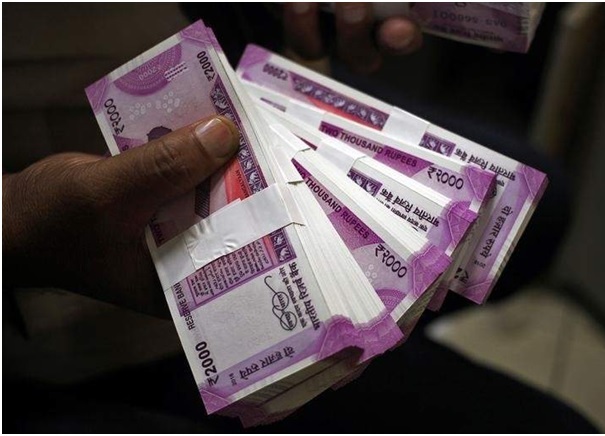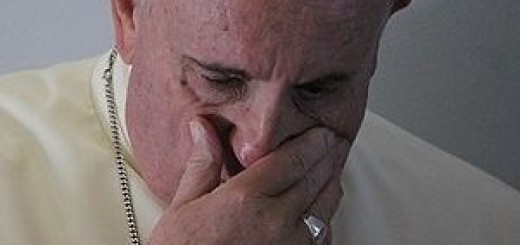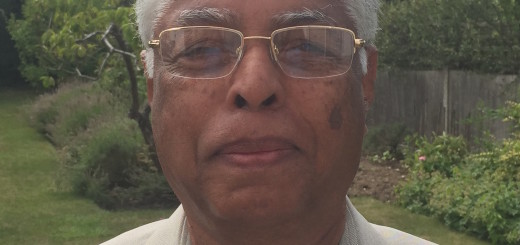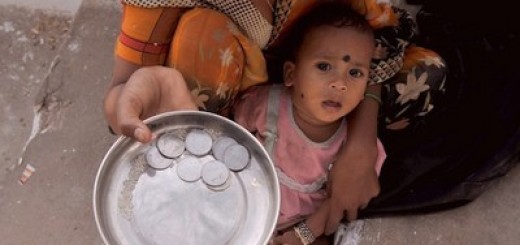50 decisions PM Modi took on demonetisation in past 17 days

By Online Desk, Published: 25th November 2016 in New Indian Express
(Note: The net result of demonetization was ordinary people were overburdened and made to run from pillar to post with no success of getting enough cash in hand to meet their daily needs. In the process many sick and elderly people died. Their number was around 60.
The Opposition demanded that Modi come to the parliament and explain what went wrong with his thoughtless “monumental mismanagement” as Manmohan Singh rightly described it. First he refused to come to parliament for days. Then he came. Even after listening to the opposition, he refused to open his mouth in the parliament, the proper forum for him to explain. Why? Instead he spoke to social media, where no one could take him to task, which proves he had no answers, or is not ready to accept mistakes and correct himself.
He thus sacrificed his credibility as a responsible PM, while the parliament approved the statement of Ex-prime minister with thunderous applause. Is not the PM who claims to be a lowly placed Tea seller at the service of the nation, literally cheating and exploiting the poor? No one saw any rich people standing in the queue for so many days. No country in the world has ever forbidden people to withdraw the money they deposited in the bank, said Manmohan and asked why Modi did that? Why Modi refused to answer even this question?
Shame on a PM who claims to be a speaker par excellence and who always ridiculed Manmohan as a Mum-mum Manmohan. The voting public should learn to judge their leaders on the basis of what they do, not what they say to fool people. The public should settle their scores the first time they get a chance to vote for or against him. james kottoor, editor).
Finding it hard to keep track of all the decisions on what you can and cannot do with your money after demonetisation? Here’s a timeline of 50 decisions taken by the Narendra Modi government these past 17 days since November 8 when it was decided that Rs 500 and Rs 1,000 notes will no longer be valid legal tenders.
November 8 (Day 1):
1) Individuals can deposit Rs 500 and Rs 1,000 notes into their bank accounts and/or exchange in bank branches or issue offices of RBI till December 30, 2016.
2) Only up to Rs 4,000 can be exchanged after filled-in requisition slip is presented with proof of identity. Similar facilities will also be made available in Post Offices.
3) Limit of Rs 4,000 to be reviewed after 15 days (after Nov 23).
4) No limit on deposit of old denomination notes. But if your bank account is not KYC (Know Your Customer) compliant, only up to Rs 50,000 can be deposited in old notes. Proof of identity needs to be produced at bank.
5) The equivalent value of the Old High Denomination Bank Notes tendered can be credited to an account maintained by the tenderer at any bank in accordance with standard banking procedure and on production of valid proof of Identity.
6) The amount deposited can be transferred to any third-party account if you have authorised such transactions and provide proof of Identity.
7) Cash withdrawal from one's own account over the counter is restricted to Rs 10,000, subject to overall limit of Rs 20,000 a week until the end of business hours on November 24, 2016.
8) No restriction on non-cash method of operating the account, including cheques, demand drafts, credit/debit cards, mobile wallets and electronic fund transfer mechanisms.
9) Withdrawal from ATMs restricted to Rs 2,000 per day per card up to November 18, 2016. The limit will be raised to Rs 4,000 per day per card from November 19, 2016.
10) Those unable to exchange old notes or deposit it before December 30, 2016 can do so at specified offices of RBI on later dates, along with necessary documentation specified by RBI.
11) Banks and government treasuries to be closed for a day on November 9, 2016.
12) All ATMs, cash deposit machines, cash recyclers and any other machine used for receipt and payment of cash will remain shut on November 9 and 10.
13) Bank branches and government treasuries will function from 10th November, 2016.
14) For the first 72 Hours, old notes will continue to be accepted at government hospitals and pharmacies in these hospitals/Railway ticketing counters/ticket counters of Government/Public Sector Undertaking buses and airline ticketing counters at airports; for purchases at consumer co-operative societies, at milk booths, at crematoria/burial grounds, at petrol/diesel/gas stations of Public Sector Oil Marketing Companies and for arriving and departing passengers at international airports and for foreign tourists to exchange foreign currency at airports up to a specified amount.
November 11 (Day 4)
15) Existing exemptions extended till November 14, 2016
16) Payment of court fees included in the exemptions
17) ID proof of customers required for transactions in consumer cooperative stores.
18) Payments towards utility bills restricted to only individuals/households for arrears and/or current bills. No advance payments will be allowed.
In none of the decisions taken in last 17 days, there is any substantial relief for people. Old currency is not acceptable and new currency is not available even after standing in queues for hours. Every body is not used to other forms of spending /payments and steps required to switch to other modes will take time. Even vendors /service providers are not fully ready to accept payments by cheque or other means except cash. The banks/post offices were already over-crowded and did not have capacity to entertain more customers for want of space and staff. No other activity is taking place in the banks except relating to cash. Because of time consumed in the banks, people cannot attend to their business or work and whole routine is disturbed. Sales have gone down, there are not many customers in the market and for want of same the staff will be laid off and will lead to further unemployment. Doctors, CAs, Lawyers and other professionals also accept money in cash but no receipts are given and government should not expect them to deposit all their cash receipts in the banks. The private hospitals insist on cash payments and if paid by cheque, will attend the patient and do the needful after cheque is encashed and thus patients even having emergency will be treated after 2-3 days and will have to stay and pay for extra stay of 2-3 days. If ultimately cash is to be paid for immediate delivery of goods, availing medical facilities in hospitals and other services, then why waste time in first depositing the cash in bank and then withdrwing the same for cash payments and burden the system which is already overburdened? All these aspects need to be considered and addressed at the earliest.
















